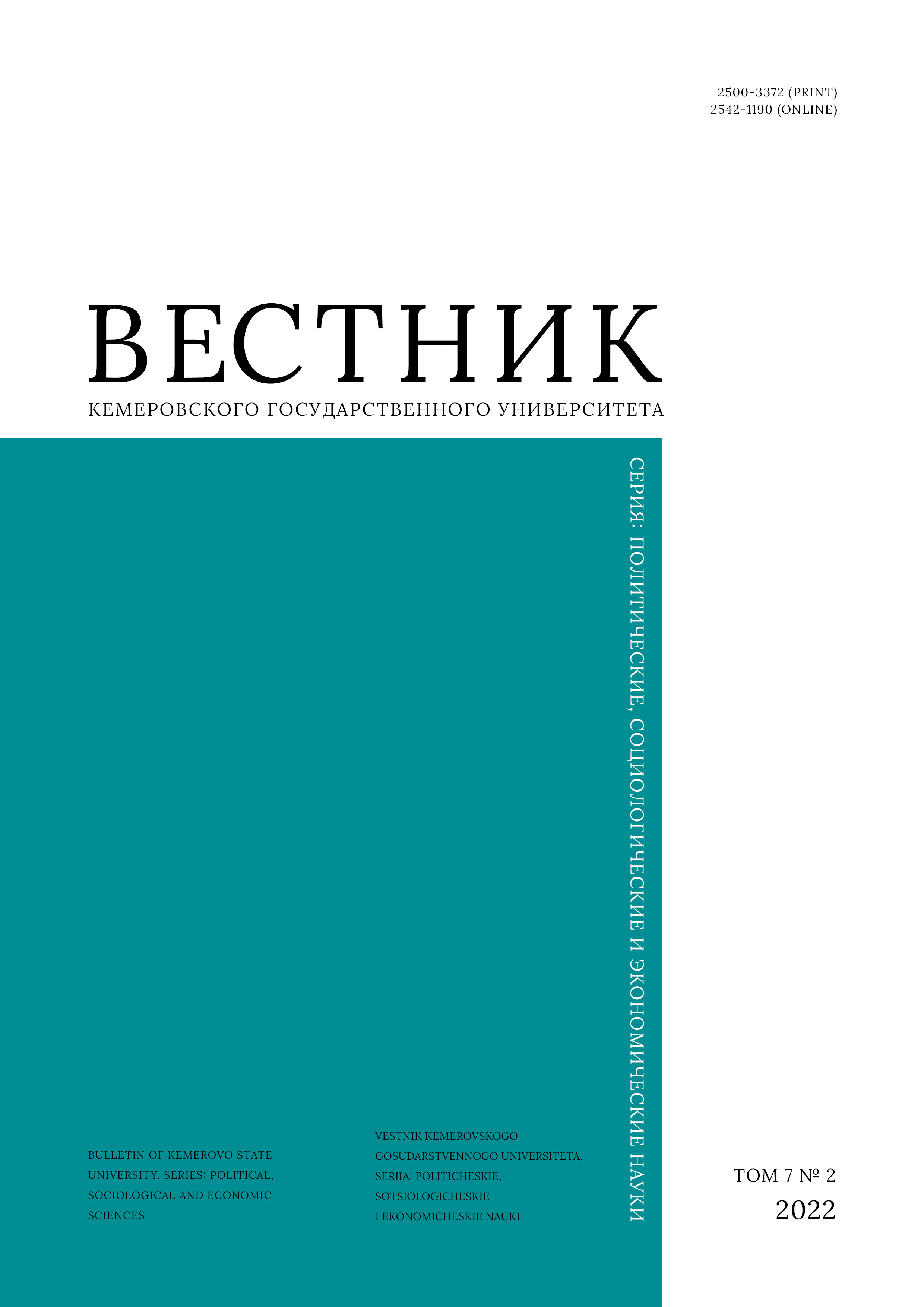Moscow, Russian Federation
The model of the sharing economy has become popular in various industries. This model transforms capitalism into an economy based on private property and unlimited consumption. As a result, it improves the efficiency of entrepreneurship, strengthens the social component of business, increases environmental awareness, and achieves sustainable development goals. The sharing model is a rather complex structure. It covers non-market and market models of organization, as well as business, cooperative, and collaborative ties. The original social essence of sharing was in the economy of joint consumption and use; however, nowadays various pseudo-social models with purely market goals often mimic as sharing. The article reveals the concept of sharing as it is used by business organization platforms, as well as its structure, main characteristics, and interaction with the market economy, e.g., digital platforms and ecosystems, Uber business models, ESG principles, etc.
sharing, economics of co-consumption, sharing economy, social market sharing, sharing platforms, ecosystems, Uber business model, uberization, circular, waste-free economy, cooperativism, partnership, collaboration, ESG principles
1. Avdokushin E. F., Kuznetsova E. G. Ecosystems of the sharing economy. RSUH/RGGU Bulletin "Economics. Management. Law" Series, 2021, (4): 83-100. (In Russ.) https://doi.org/10.28995/2073-6304-2021-4-83-100
2. Schwab K. The fourth industrial revolution. Moscow: Eksmo, 2018, 285. (In Russ.)
3. Avdokushin E. F., Belova L. G. The economy of joint consumption as the emerging segment of new economy. Part one. Voprosy novoi ekonomiki, 2018, (2) (46): 4-14. (In Russ.)
4. Avdokushin E. F., Kuznetsova E. G. Economics of joint consumption: essence and some development trends. Ekonomichesky Jhurnal, 2019, (2): 6-19. (In Russ.) https://doi.org/10.24411/2072-8220-2019-00010
5. Avdokushin E. F. Formation and development of digital ecosystems. Voprosy novoi ekonomiki, 2021, (4): 4-12. (In Russ.) https://doi.org/10.52170/1994-0556_2021_60_4
6. Reillier L. C., Reillier B. Platform Strategy: how to unlock the power of communities and networks to grow your business. Routledge, 2017, 240.
7. Heinrichs H. Sharing economy: A potential new pathway to sustainability. GAIA, 2013, 22(4): 228-231. https://doi.org/10.14512/gaia.22.4.5
8. Yurasov R. A. Smart and sharing economy as a phenomenon of the new regional development. Problems and prospects of economic development of regions: All-Russian Sci.-Prac. Conf., Grozny, 27 Apr 2017. Grozny: Kadyrov CHSU, 2017, 182-185. (In Russ.)
9. Barbu C. M., Bratu R. S., Sirbu E. M. Business models of the sharing economy. Review of International Comparative Management, 2018, 19(2): 154-166. https://doi.org/10.24818/RMCI.2018.2.154
10. Gostilovich A. O., Ivanov K. A. Improving the competitiveness of industrial enterprises and the sharing economy. Izvestiya Yugo-Zapadnogo gosudarstvennogo universiteta. Seriya: Ekonomika. Sotsiologiya. Menedzhment, 2019, 9(3): 236-243. (In Russ.)
11. Martin C. J. The sharing economy: A pathway to sustainability or a nightmarish form of neoliberal capitalism? Ecological Economics, 2016, 121: 149-159. https://doi.org/10.1016/j.ecolecon.2015.11.027
12. Schor J. Debating the sharing economy. Great Transition Initiative. Toward a Transformative Vision and Praxis. Oct 2014. URL: https://greattransition.org/publication/debating-the-sharing-economy (accessed 7 Mar 2022).
13. Botsman R. Sharing's not just for start-ups. Harvard Business Review, 2014, 92(9): 23-25.
14. Lymar E. N. Economics of joint consumption in modern Russia. Bulletin of Chelyabinsk State University, 2018, (12): 67-72. (In Russ.) https://doi.org/10.24411/1994-2796-2018-11207
15. Riazanova O. E., Zolotareva V. P. Circular economy. Moscow: Knorus, 2021, 118. (In Russ.)
16. Kudryavtseva O. V., Mitenkova E. N., Solodova M. A. Circular economy: prospects for sustainable development in Russia. Ekonomicheskoe vozrozhdenie Rossii, 2019, (3): 115-126. (In Russ.)
17. Kuah A. T., Wang P. Circular economy and consumer acceptance: An exploratory study in East and Southeast Asia. Journal of Cleaner Production, 2020, 247. https://doi.org/10.1016/j.jclepro.2019.119097
18. Belk R. You are what you can access: Sharing and collaborative consumption online. Journal of Business Research, 67(8): 1595-1600. https://doi.org/10.1016/j.jbusres.2013.10.001
19. Hamzaoui-Essoussi L., Linton J. D. Offering branded remanufactured/recycled products: at what price? Journal of Remanufacturing, 2014, 4(1). https://doi.org/10.1186/s13243-014-0009-9
20. Hazen B. T., Mollenkopf D. A., Wang Y. Remanufacturing for the circular economy: An examination of consumer switching behavior. Business Strategy and the Environment, 26(4): 451-464. https://doi.org/10.1002/bse.1929
21. Tse T., Esposito M., Soufani K. Why the circular economy matters. European Business Review, 2015, 11: 59-63.

















